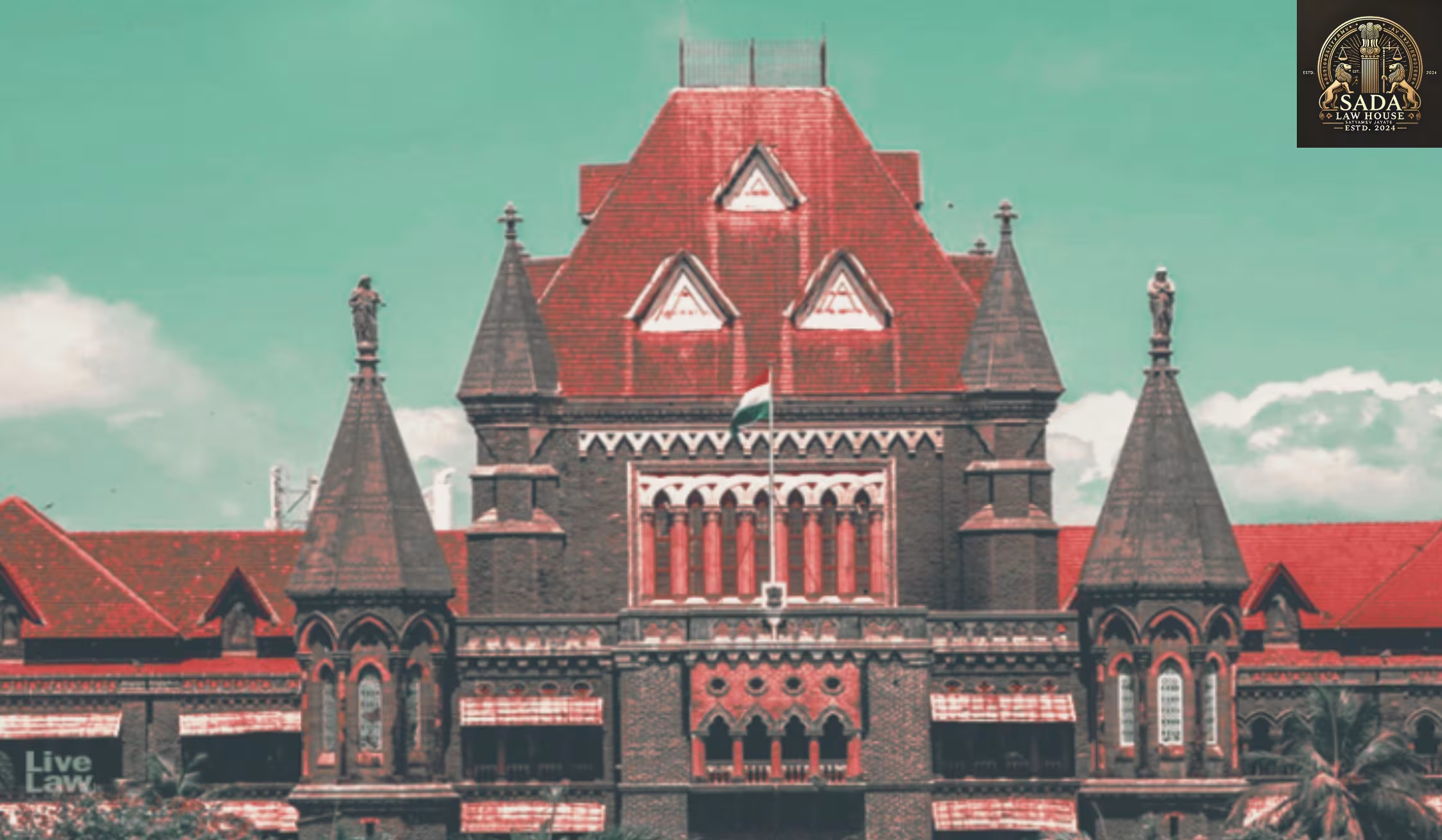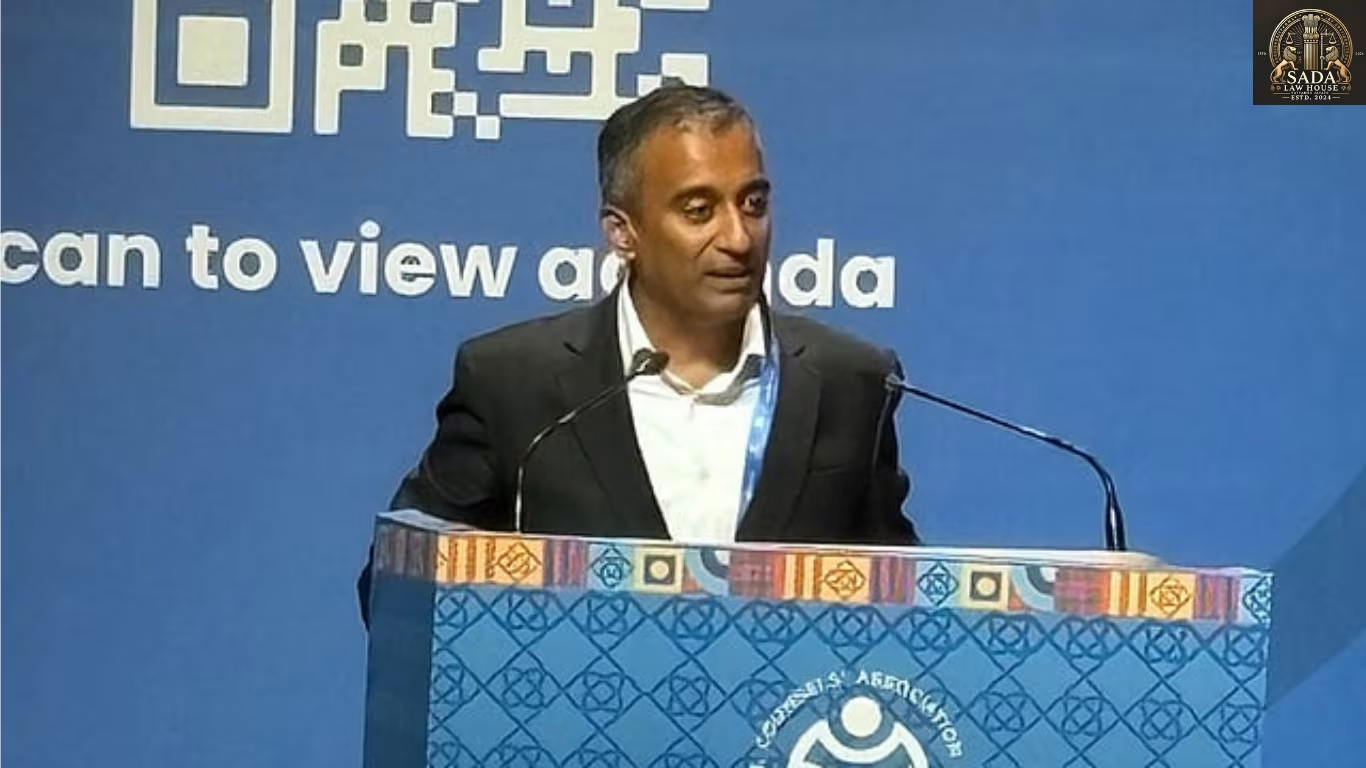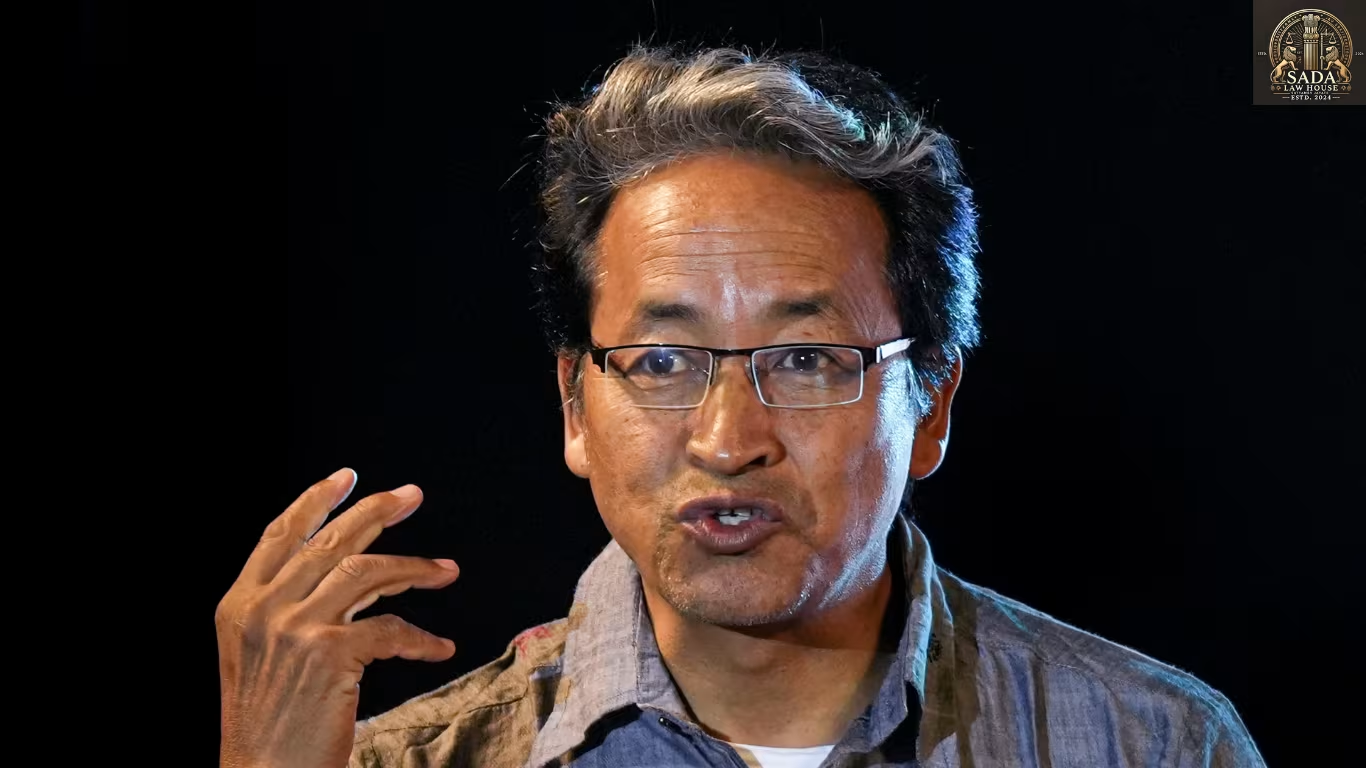Supreme Court Stays Bombay HC Ruling in Methodist Church Leadership Dispute Over Retirement Age
- KASHISH JAHAN
- 05 June 2025

The Supreme Court of India pauses a controversial Bombay High Court ruling on leadership extension in the Methodist Church of India, highlighting the balance between religious autonomy and legal accountability.
Leadership Crisis in the Methodist Church: Age or Authority?
A leadership dispute within the Methodist Church of India has drawn legal scrutiny, raising questions about retirement norms and institutional governance. At the heart of the issue is whether senior bishops can remain in office beyond the Church’s accepted retirement age.
The Controversy: Retirement Age Rules vs. Leadership Continuity
The conflict began when two senior bishops, aged 76 and 73, were permitted by the Bombay High Court to retain their positions, despite exceeding the Church’s customary retirement age. This decision faced backlash from within the Church, with critics claiming it violates internal rules and obstructs the rise of younger leaders.
Supreme Court Intervenes with a Temporary Stay
On May 30, 2025, the Supreme Court of India granted a stay on the Bombay High Court’s interim ruling. This means the bishops in question must step aside until a comprehensive hearing is conducted. The apex court emphasized that while the matter is legal, it also touches on internal Church governance and age-old traditions.
Legal Oversight in Religious Governance
Religious institutions in India, such as the Methodist Church, often operate under unique traditions and self-regulatory frameworks. However, when internal disputes threaten fair leadership transitions or governance integrity, judicial oversight becomes essential to uphold accountability and prevent misuse of power.
Striking a Balance: Religious Freedom and Legal Accountability
This case underscores the delicate balance between institutional autonomy and judicial accountability. While religious bodies are entitled to manage their affairs independently, courts like the Supreme Court intervene when necessary to ensure fairness and uphold the rule of law.
Conclusion: Ensuring Fair Leadership Transitions
The Supreme Court’s stay is a pivotal step in maintaining integrity within religious leadership. It safeguards against arbitrary power extensions and reinforces that traditions must align with principles of legality and fairness. As the legal proceedings continue, this case could set a precedent for leadership norms in faith-based institutions across India.






